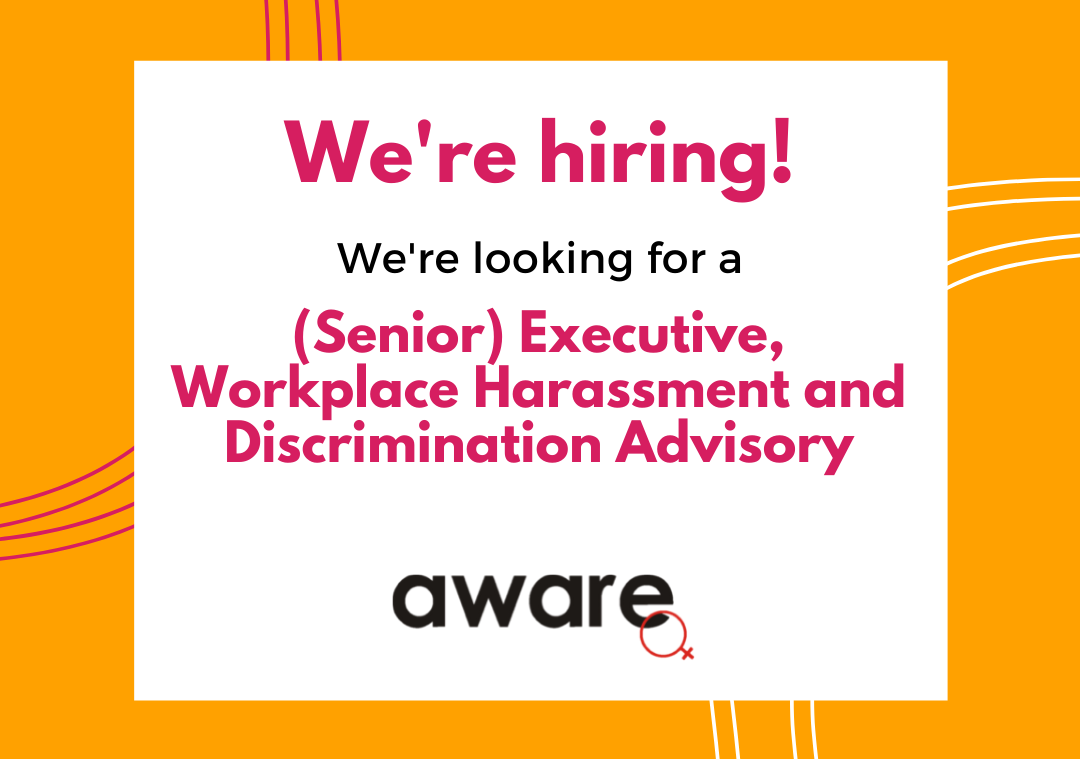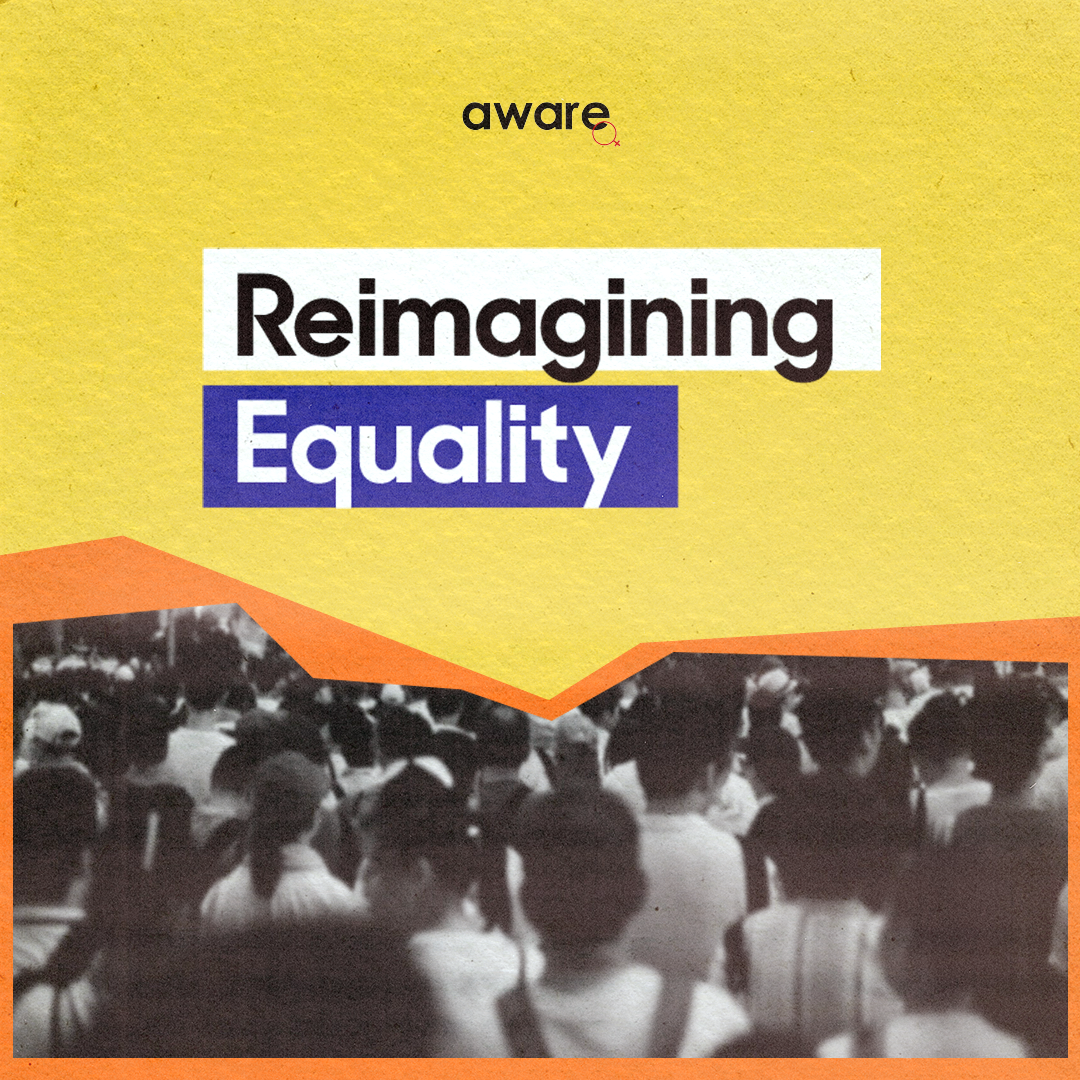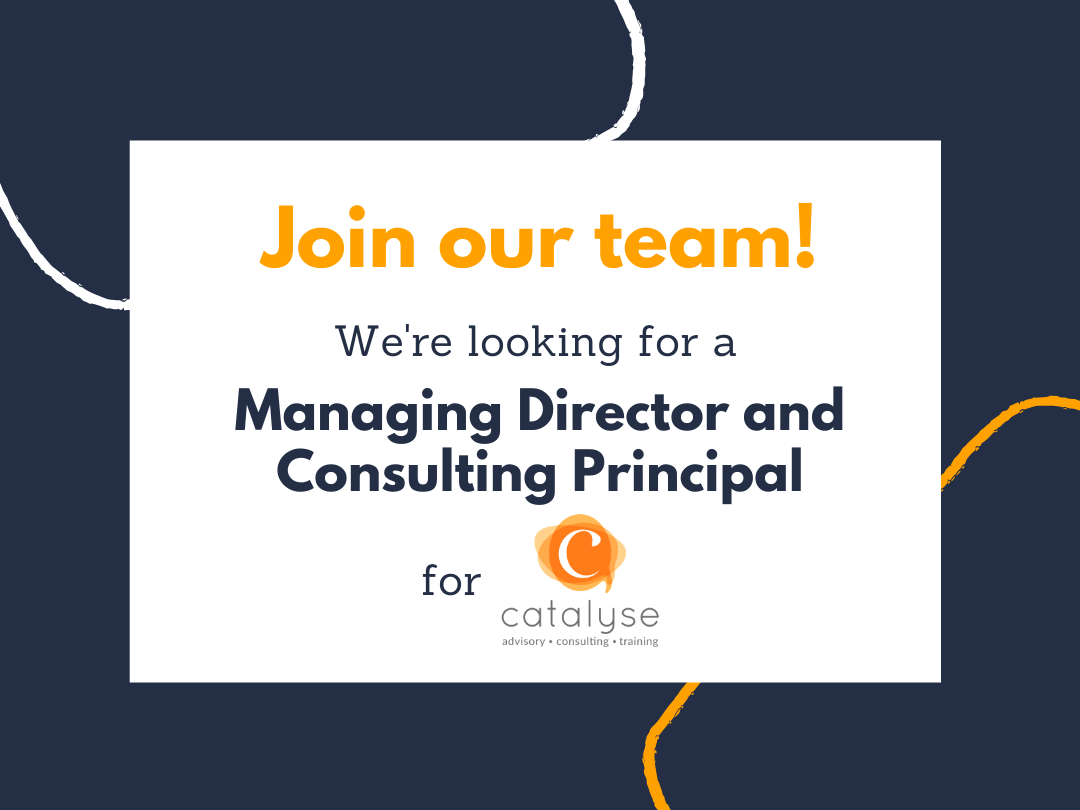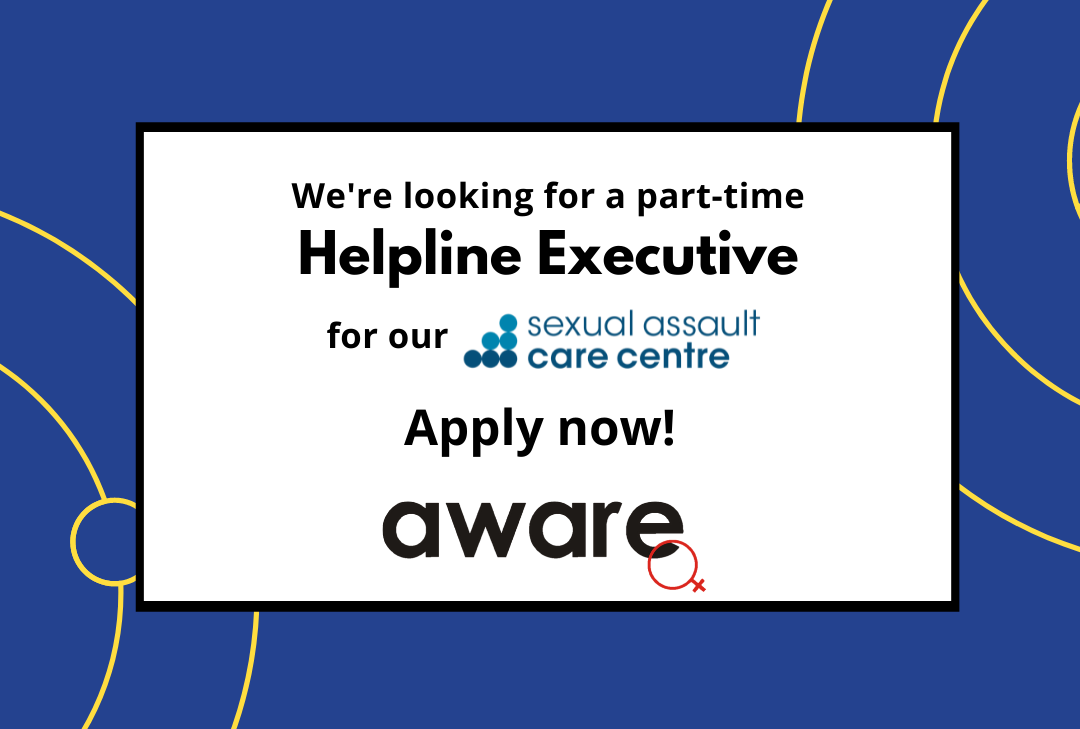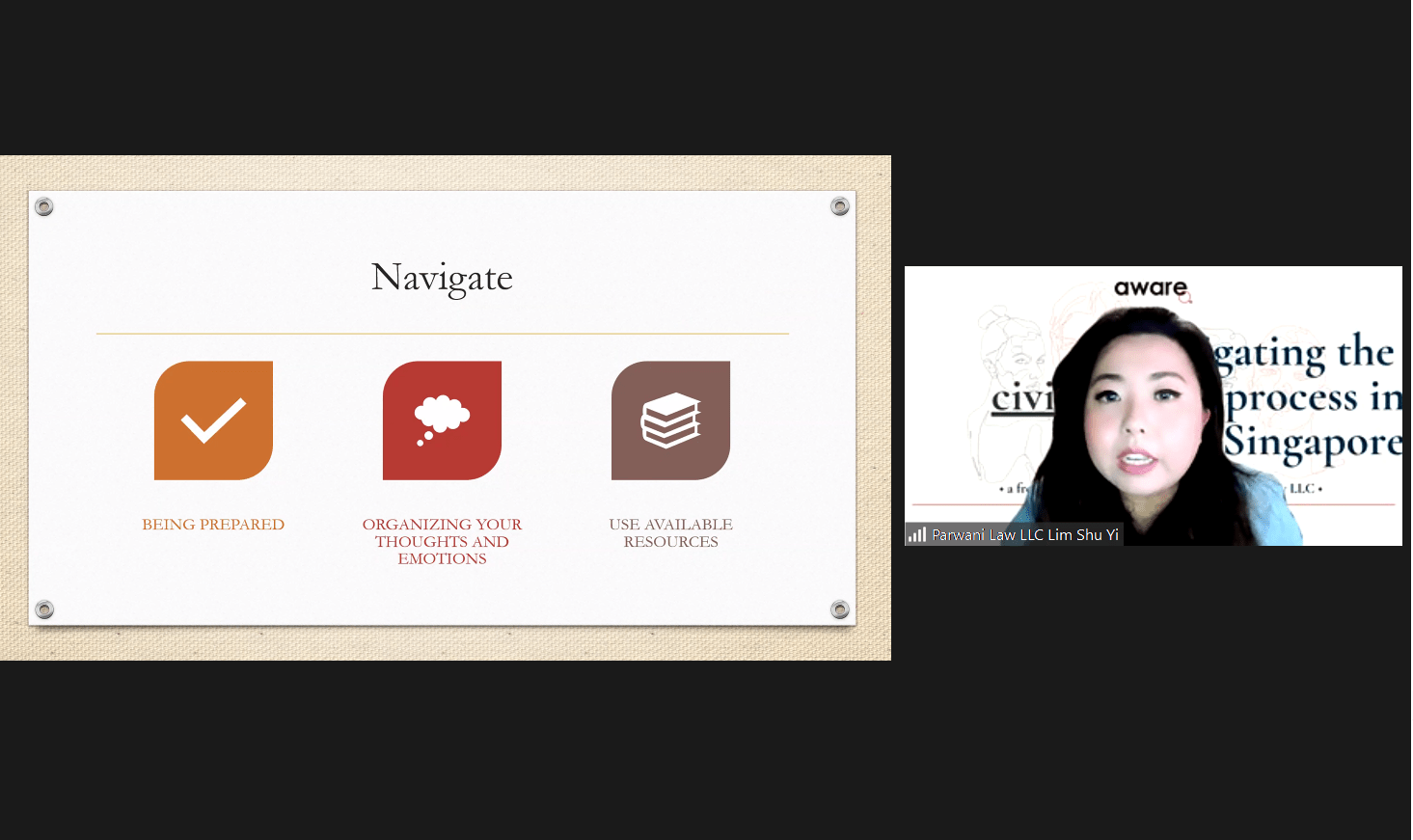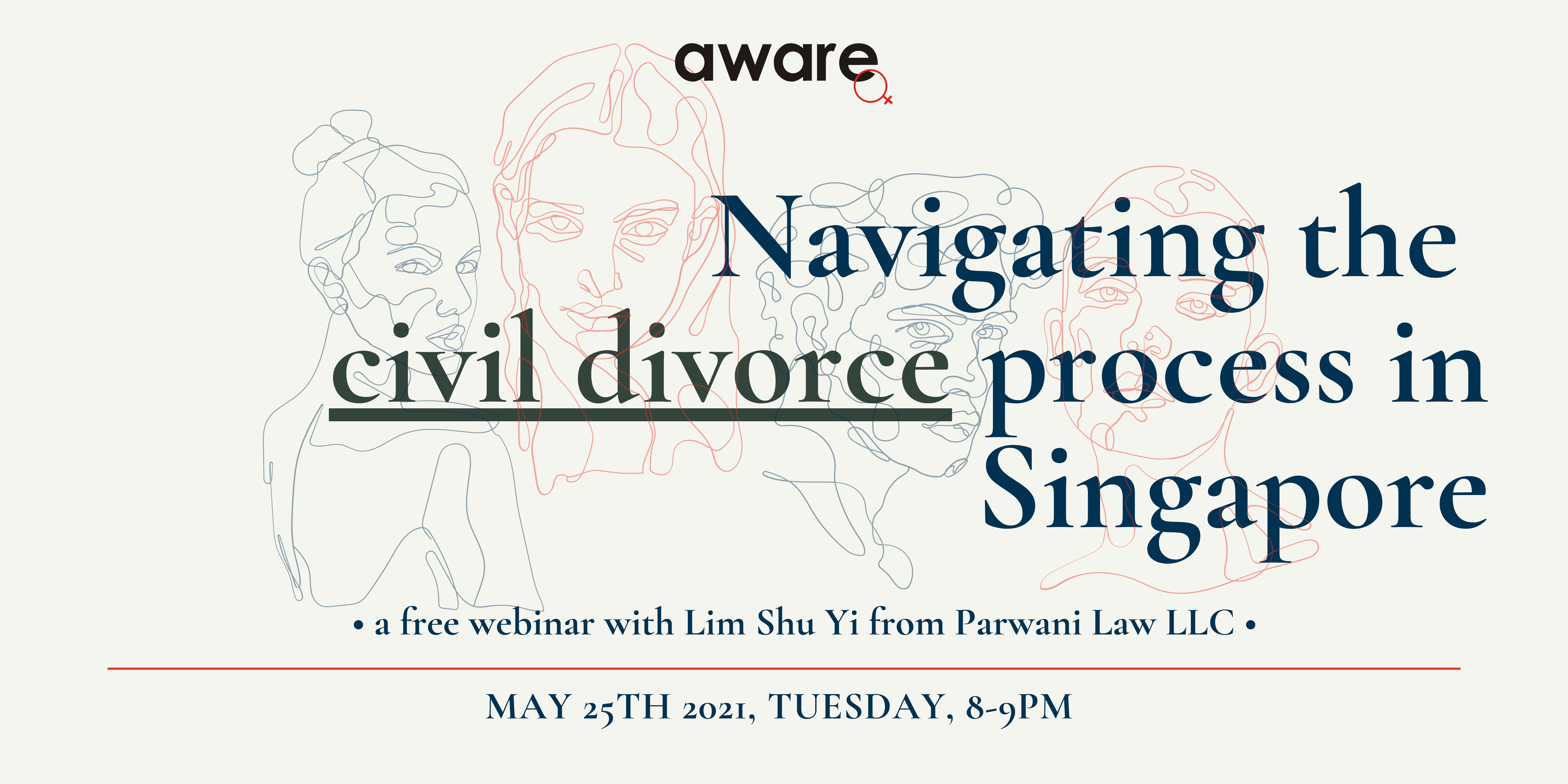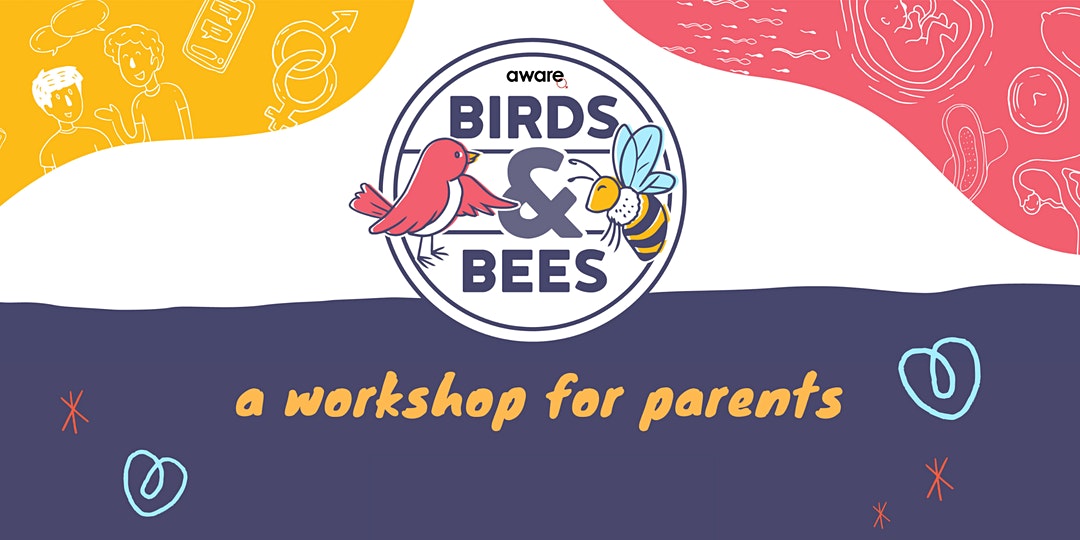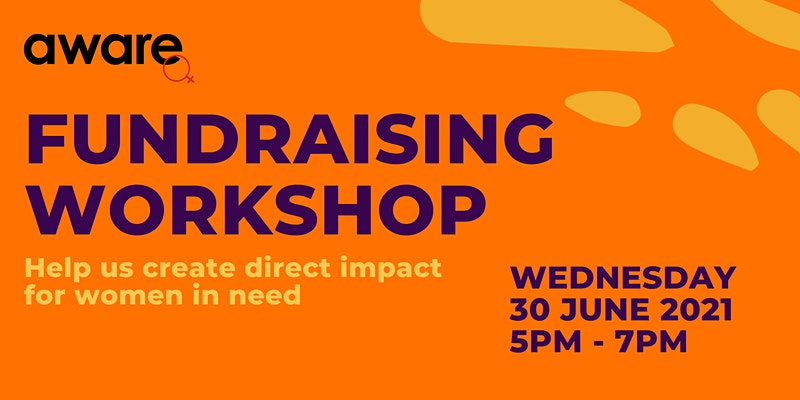This op-ed was originally published in Channel NewsAsia on 2 July 2021.
Five years ago, in June 2016, a man was jailed for 12 months for stalking and harassing his former lover.
It was a historic case – the first conviction of a stalker under the Protection from Harassment Act, or POHA.
Until POHA came into force in November 2014, there was almost nothing people who were being stalked could do about it. Unless there was physical violence, the police could do little beyond issuing a warning.
Stalking and other forms of harassment were simply not criminal offences. To try to get a harasser to stop, you had to file a civil suit to get an injunction.
FOUR YEARS OF HARASSMENT
The closest there was to a law under which stalkers could be taken to task was the Miscellaneous Offences Act. In 2011, a woman was convicted under this law for having harassed former journalist Joanne Lee for four years.
Over those four years, Joanne’s mental health deteriorated to the point where she dared not answer her office phone. She was in a constant state of anxiety, suffered panic attacks and became withdrawn.
Joanne had to file three police reports and produce hundreds of letters and emails, hours of voice messages, and countless gifts she had received from the woman, before the Attorney General’s Chambers (AGC) decided there was enough evidence to prosecute.
The stalker, who was found to have schizophrenia, pleaded guilty and was fined S$4,000.
If POHA had been in existence then, Joanne could have been spared some of the distress she suffered.
She could have applied for a protection order against her stalker. If the stalker persisted with harassment, the police could have stepped in and the AGC could have prosecuted her. And if found guilty, the stalker could have faced not just a fine but also a jail sentence.
POHA criminalised harassment, stalking and other anti-social behaviour, in recognition of the many ways in which such behaviour manifests, and the seriousness of its impact.
And starting this month, a specialised Protection from Harassment Court and streamlined processes, including online filing of claims, will make it easier for victims of stalking and other forms of harassment to get Protection Orders, and for cases to be heard more quickly.
REDRESS FOR VAST NUMBERS OF VICTIMS
POHA was passed too late for Joanne, but it has brought relief and redress for a good number of victims of harassment since it became law.
In May 2019, when the Law Ministry made some amendments to the Act, it was revealed there had been more than 1,700 prosecutions under POHA.
Details of these prosecutions are not known, but undoubtedly some would have been for stalking. Police say they handled an average of about 50 stalking cases a year between 2016 and 2020.
But these are likely to be just a fraction of the actual incidence.
In the UK, it is thought that one in five women and one in 10 men experience stalking during their adult life, according to Paladin, a stalking advocacy service. In the US, the 2015 National Intimate Partner and Sexual Violence Survey says that one in six women and one in 17 men have experienced stalking in their lifetimes.
To some — especially those who believe physical violence to be more serious than psychological violence — stalking might seem to be relatively mild or harmless behaviour.
This notion is likely exacerbated by irresponsible narrative tropes too often found in popular culture, which laud a prospective lover for his “persistence” even after he is rejected by the object of his affection.
Yet for those who have experienced stalking, which these days includes cyber-stalking, the effect can be devastating and life-changing: Constant anxiety, fear, anger, terror, panic attacks, depression, self-doubt, insecurity, loss of self-esteem. These affect both mental and physical health, which in turn affects their work and social lives.
After all, stalking, like all forms of sexual violence, is ultimately about asserting power and control over another person – in regularly reminding them that their privacy is being eroded and their life is not entirely their own.
With today’s multitudinous points of access into someone’s life – not just at their homes or workplaces, but on their social media and other digital accounts – perpetrators have so many more ways to do just that.
A CASE OF PROLONGED AND VICIOUS STALKING
In the 2016 case of the first stalker to be jailed under POHA, the teenage victim had suicidal thoughts during the three years she was harassed by a former boyfriend.
After their brief sexual relationship, he insisted on accompanying her to school and back. When she tried to avoid him by blocking him on her phone, he posted nude pictures of her on her school’s social media platforms and distributed flyers with these pictures in her neighbourhood.
In sending the stalker to jail, District Judge Lim Keng Yeow said the man’s acts and threats were prolonged and unrelenting, and acute and vicious.
They were, the judge said, “aimed at keeping the victim trapped under his power so as to do his bidding and calculated to cause as much embarrassment and inflict as much humiliation as possible”.
VICTIMS OTHERWISE SUFFER IN SILENCE
Psychologists say there are several types of stalkers, including those driven by lust, the love-scorned (usually an acquaintance), and those who stalk celebrities.
Most commonly, however, stalkers are current or former intimate partners. And, as with other forms of sexual violence, victims of stalking may not seek help because they do not fully understand what is happening to them or realise that it is illegal.
They may not know where they can go for help. They may blame themselves for “having landed themselves in such a situation”, or they may think no one will believe them.
For one woman who called AWARE’s Sexual Assault Care Centre, her anguish was compounded by the fact that her stalker was a man with whom she had had an extramarital affair. Despite the affair ending, her ex-lover stalked and harassed her persistently, repeatedly demanding that she come away with him.
In Singapore, the legal framework is in place, with what constitutes stalking and harassment clearly defined. And it has just been made simpler and easier for people who are being harassed to seek redress.
As Law and Home Affairs Minister K Shanmugam recently said, people need to know that they do not have to suffer in silence because there is a system to protect them.
OUTREACH AND EDUCATION
What is now needed is outreach and education so people know they have recourse to help (for example, the National Care Hotline) if someone is causing them distress and pain.
But in the longer term, we have to educate our children about such matters. We need comprehensive sexuality education in our schools to prepare young people for the relationships they will have in life, both good and bad.
They need, for instance, to understand the psychology and power dynamics behind stalking behaviours. They need to know why acts such as these are wrong, and what to do if it happens to them – or if they find themselves drawn to such behaviour.
While there are, of course, female stalkers and male victims of stalking, the statistics show that like so many facets of sexual violence, stalking is linked to a gendered power imbalance. So ultimately, as Minister Shanmugam declared in September 2020, we can only hope to reduce the incidence of sexual violence if there is gender equality.
“Every boy and girl must grow up imbibing the value of gender equality,” he said. “They need to be taught from a very early age that boys and girls are to be treated equally, and very importantly, with respect. It has to be a deep mindset change.”
Let’s hope this does not take a generation or two. Much will depend on whether we as a society can come together and commit to this vision of gender equality.
A good start will be made if the Government’s White Paper that is due later this year paints a bold and inspiring picture of what can be, with a clear pathway of the practical steps that will be taken to get us to the goal of a gender-equal Singapore.
Margaret Thomas, President, AWARE
